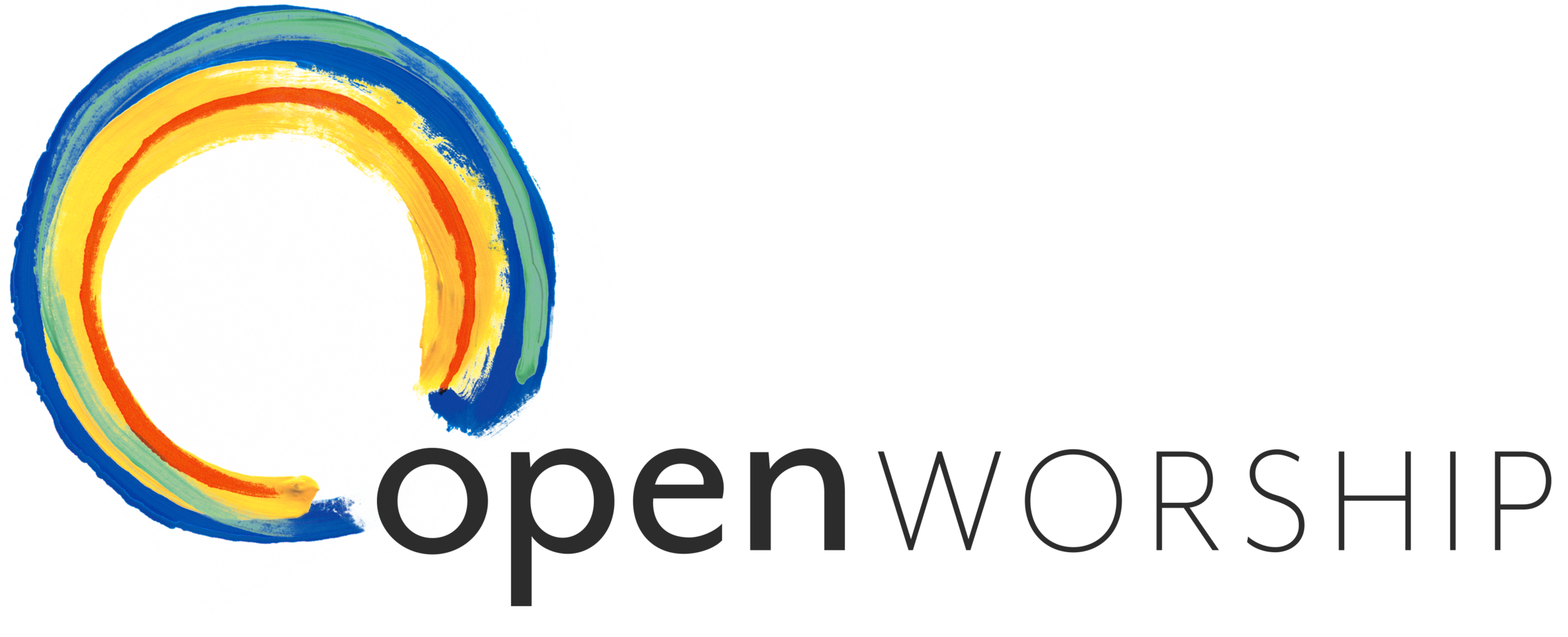The Parable of the Pothole
After a productive Open Team meeting in Flinn Hall on Wednesday, I was headed to my car in the lot opposite the church so that I could drive to my afternoon class. As I was stepping off the curb to cut across Sycamore Street, I landed in a water-filled pothole, coming down hard on the ball of my foot. There was a terrible, ear-splitting pop and the next thing I knew I was lying in a dirty puddle on the street, screaming my head off at the terrible pain in my right ankle.
I laid there for a few seconds before I realized I couldn’t get up. Still screaming and crying, I managed to get my phone out of my coat pocket and call Krystal. She answered almost immediately. “Hey, what’s up?”
“I’m lying in the street outside,” I sobbed. “I think I just broke my ankle.”
“Oh my God! Okay, we’ll be right there,” she said. Within moments the entire team was around me, trying to comfort me and figure out what to do next. Jonathan crouched behind my head, gently squeezing my shoulders to let me know he was there, while Krystal spoke clearly and calmly to me. “Hannah, I know this hurts so much right now, but I promise it’s going to be okay. What do you want us to do for you?”
“I don’t know,” I kept saying, tears streaming down my face. Kake squatted beside me and attempted to examine my ankle, but stopped when I cried out in pain and settled for elevating it. “We might need to get you a transport,” she told me as she gently held my leg off the ground. “No,” I insisted, “I don’t want an ambulance.” She accepted this and quickly another plan was formulated.
I had fallen right behind Dave’s car, so they decided to put me in the back of it. He rushed to open the door and together he and Jonathan lifted me in, Kake still supporting my leg. Krystal handed me my backpack and helped me situate it under my foot, then hopped into the passenger seat as Dave started the car. I had started to calm down and realized that even though it hurt a lot, I could still move my ankle and probably didn’t need an emergency room. Krystal suggested an orthopedic urgent care clinic she knew of instead and called Kake and Jonathan, who were following in their own cars, to let them know where we were going. She then called the clinic to let them know we were coming and make sure they took my insurance.
When we got to the clinic, Dave jumped out of the car and raced inside. He came back with a wheelchair and helped me into it. Soon we were all settled in the waiting room, watching the Food channel with my already-swollen ankle propped on an ottoman.
I won’t bore you with the rest of the details of that visit (though I will say my ankle isn’t broken—it turned out to be a really bad sprain and I’m now in a boot). I’m telling this story not to garner sympathy, but rather because I think it’s an everyday, concrete example of what Jonathan talked about in his sermon on Sunday. He referenced the civil rights activist and public theologian Ruby Sales, whose activism is centered around the simple question: “Where does it hurt?”
When my team came out to find me lying in the wet and dirty street, they didn’t blame me for my injury. They didn’t ask me why I hadn’t seen the hole or berate me for being clumsy. Instead, they wanted to know where it hurt and how they could help. When I was in too much pain to make decisions, they figured out a plan and executed it while also listening to and respecting what I didn’t want. They responded to my pain and my needs with love and understanding and urgency.
The fact is that that hole shouldn’t have been there, and I am probably not the first person to stumble because of it—nor will I be the last unless it’s filled in. And life is kind of like that. The society we live in and the unjust systems we’ve created are full of obstacles that people are bound to stumble into, not because it’s their fault, but because that’s the way the road was built.
So, what if we always acted as quickly as my friends did when I fell? What if instead of blaming people or getting defensive, we simply worked to correct the hurt, to end the pain, to find a solution? What if we were always so willing to walk with people who are hurting, to say “it will get better because I will be here to help you get better?”
What if we worked together to make sure the road was smooth and safe and accessible for everyone?
That’s what it means to put love at the center of our lives.
As we sat in the waiting room, playing on our phones and watching Guy Fieri do his thing on the TV, I looked around at my friends. “Don’t you people have anywhere to be?” I asked, suddenly conscious of the fact that it wasn’t even four o’clock yet and I was an adult surrounded by adults who probably didn’t really need to be there.
Krystal looked me in the eye. “Yes, but we love you,” she said. No one moved.
Photo by Marc-Olivier Jodoin on Unsplash
